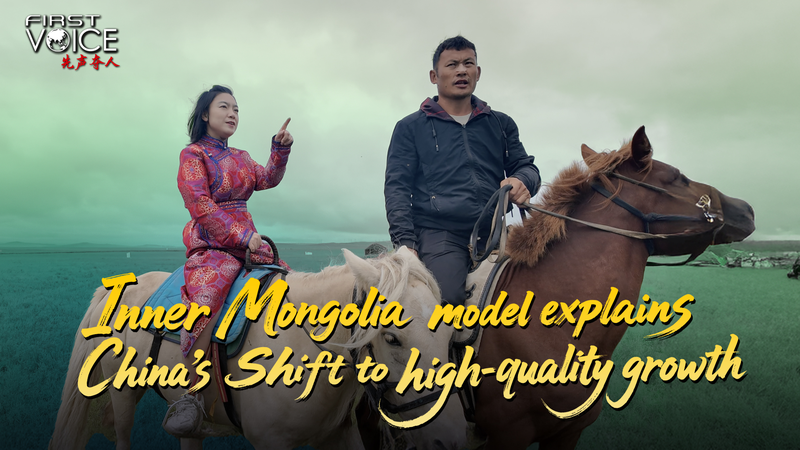The Origins of an Eco-Blueprint
Back in 2005, Chinese President Xi Jinping famously said, "Lucid waters and lush mountains are invaluable assets." Two decades on, Inner Mongolia's pilot projects illustrate how this vision has reshaped growth strategies across the Chinese mainland.
What the Inner Mongolia Model Looks Like
- Restoring grasslands: local initiatives have revived millions of hectares of degraded land.
- Water conservation corridors: new canals and wetlands treatment zones have boosted water quality.
- Green industries: eco-tourism, clean energy parks, and sustainable herding practices power regional GDP.
Why It Matters to Global Citizens
From entrepreneurs scouting emerging markets to digital nomads seeking sustainable experiences, Inner Mongolia's approach offers:
- Data-driven insights on balancing economic growth with environmental care.
- A scalable model for clean-tech startups and green financing.
- Immersive eco-tourism that puts local communities front and center.
Looking Ahead: A Global Impact
As the Chinese mainland leans into high-quality development, the Inner Mongolia model is catching eyes worldwide. It's a reminder that economic goals and ecological stewardship can go hand in hand—fueling a future where young changemakers and travelers alike find sustainable inspiration at every turn.
Reference(s):
Inner Mongolia model explains China's shift to high-quality growth
cgtn.com




